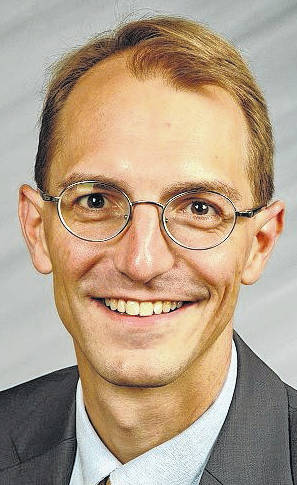
“You know, I’m going to vote for Frodo Baggins.’
— Justice Clarence Thomas
“I think there is something to be done, because that would be a vote for a non-person.”
— Jason Harrow, Attorney
Last week, the Supreme Court began to conduct oral arguments by telephone in the remaining cases in its 2019 term. You could say that the experiment was “flushed” with success. But the new method of conducting arguments also meant that there was no longer any need for the justices to talk over one another, or to compete for the chance to inquire of counsel. Instead, the chief justice called on each associate justice, in turn, to see if they had any questions.
You might think that change in procedure wouldn’t matter very much, but it ended up making a huge different to one associate justice who has long been known for making his thoughts heard via his pen, rather than his voice. That justice is Clarence Thomas, who is famously reticent during arguments and just as famously prolific with his written opinions.
Generally, each justice asks several questions of each of the attorneys arguing a case. Sometimes the questions give away the line of thought the justice is following. Sometimes they probe a salient point in the case. Sometimes, they are meant to counter a point raised by one of the other justices. When attorneys are making oral arguments in front of an appeals court, they often refer to the court as being “hot” if the appeals panel asks a lot of questions or “cold” if they do not. The Supreme Court is almost always a “hot” court.
So famous is Justice Thomas for not taking part in that questioning that entire law journal articles have been written about it. Studies have been done about when and why he asks questions. Newspaper headlines are written when he decides that it’s time to ask one. It’s not that he doesn’t have important things to say — he’s a frequent public speaker. But when asked, he has said that he prefers to read the legal briefs, listen to the arguments, and then form his opinion. He has also cited the fact that as a young man from Montgomery, Georgia, he was aware that his southern accent was often looked down upon. And, he says, he doesn’t like to interrupt his fellow justices.
In a 2017 article in the Northwestern University law review, Professors RonNell Andersen Jones of the University of Utah, and Aaron L. Neilson of BYU, went through hundreds of hours of Supreme Court recordings and thousands of pages of transcripts to document every question that Thomas had ever asked. They noted that he had just broken a decade long silence, that when he asked a question it was only after the attorney had finished their entire presentation, that his questions were crisp and on-point, that they often seemed to persuade his fellow justices, and that, as the Court’s only southerner and only African-American, they often provided a point of view that his fellow justices did not have. They also noted that in some years, Thomas writes twice as many opinions as his fellow justices, more than making up for his lack of questions.
In the last two weeks, however, when given the chance to ask questions as he is called upon — without interrupting, without talking over others on the call — Thomas has consistently taken advantage of the opportunity. This week, in a case about faithless electors, he may also have tipped us off about his literary interests.
Faithless electors are Electoral College members who do not vote for the candidate who won the vote in their state. Prior to the 2016 election there had been only a handful of faithless electors in presidential races. But no fewer than seven electors went rogue that year, and three others attempted to, but were prevented from doing so by state law. Some of the seven who did were fined under state provisions. Some of those fined appealed, claiming that the Constitution gives them ultimate authority to change their vote. That case was argued Wednesday at the High Court.
During questioning, Thomas asked the attorney for one of those electors what would happen if an elector thought, “I’m going to vote for Frodo Baggins, I really like Frodo Baggins.” The attorney countered that J.R.R. Tolkien’s faithful hobbit is fictional, but that in the case of a real person, the Founders determined that “the electors are best placed to make the ultimate selection.” Thomas seemed unconvinced and the opposing lawyer, smartly seizing on the opportunity, mentioned the fictional ring-bearer again in his closing statement.
The case is Chiafalo v. Washington, and a decision is likely to be issued in mid to late June.


